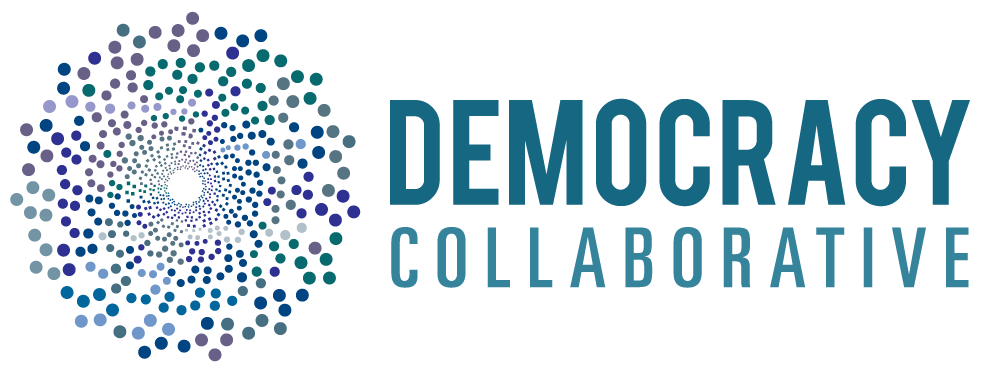Chicago shifts focus to community wealth building
The Democracy Collaborative will help the city refine and implement its community wealth building strategy
NEWS RELEASE
For Immediate Release
CONTACT: Isaiah J. Poole, Vice President of Communications; ipoole@democracycollaborative.org
July 29, 2021—The City of Chicago’s Office of Equity and Racial Justice today launched an effort to dramatically change how the city approaches economic development in its South and West sides, based on cutting-edge community wealth building strategies.
The Democracy Collaborative, a leader in community wealth building in the US and internationally, will work with the office over the next couple of months in their development of a new approach to economic development rooted in community control.
“I’m excited to announce that we will be working with The Democracy Collaborative on our strategy going forward,” said Nneka Onwuzurike of the Office of Equity and Racial Justice during “Community Wealth Building: Strengthening Chicago’s Ecosystem,” a forum held today by the Office of Equity and Racial Justice. She described the scope of work as helping the city refine its community wealth building strategy and its implementation.
“Community wealth building” aims to bring about shared prosperity, racial equity and ecological sustainability through a systemic transformation of local economies rooted in greater democratic ownership and participation. There are many examples of the principles of community wealth building at work, including the Evergreen Cooperatives in Cleveland, Ohio, where worker-owned businesses employing more than 250 people serve anchor institutions and major companies in the city, and Preston, England, where the municipal government and anchor institutions have worked together to implement a strategy that keeps money circulating through locally owned businesses and cooperatives.
Ted Howard, president of The Democracy Collaborative, said that he is delighted that Chicago intends to follow in the footsteps of these and other forward-thinking municipalities that have decided to embrace bottom-up revitalization strategies. “Traditional, top-down economic development in cities has not only been an abject failure but a profound injustice,” Howard said. “Wealthy corporations have extracted billions of dollars in incentives from struggling cities, and the residents too often only get low-wage jobs that don’t earn them enough to keep them from being displaced from their neighborhoods. Then even those crumbs are lost when the corporation packs up and chases after the next incentive.”
“The key aims of this work with the City is to support deep, systemic actions, with outcomes that can be scaled,” Howard said. “The expectation is that out of this work with Chicago will emerge lessons for how community residents in other cities can themselves have the power to make the local economy work for them and their families.”
Candace Moore, the city’s chief equity officer, said that the persistent economic challenges the city has been facing present “an opportunity to think very deeply about the status quo of economic development. … Community wealth building is an opportunity to do that with a focus on community ownership and community control. It’s an opportunity to build new tables between government and community. It is quite frankly an opportunity to experiment, to innovate and to pilot. We must think in different ways if we want to meet some of the challenges that are so entrenched in our work.”
“If we want true, transformative change, we must invest in new ideas that get at the root causes of the challenges our Black and Brown residents are facing,” Chicago Mayor Lori Lightfoot said in a prerecorded message. ”Community wealth building provides one such opportunity that will help us achieve our goal of addressing our city’s racial wealth gap and systemic inequities. Through its focus on local, democratic and shared ownership models, community wealth building increases the financial stability and power of our residents, enabling them to own and steward the assets on their block.”
This is, she added, “a once-in-a-generation opportunity to make our city work even better by creating a new economic model that uplifts everyone.”
# # #
